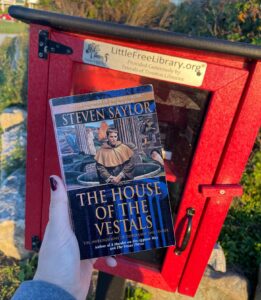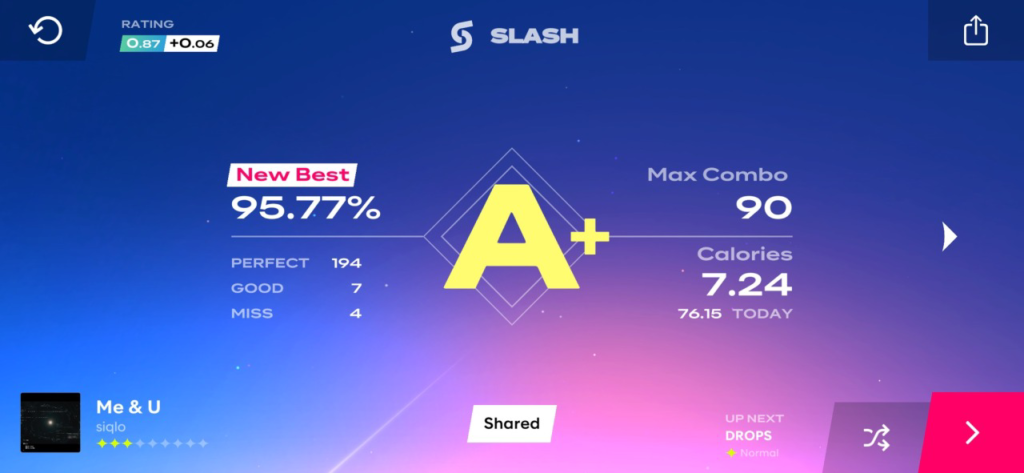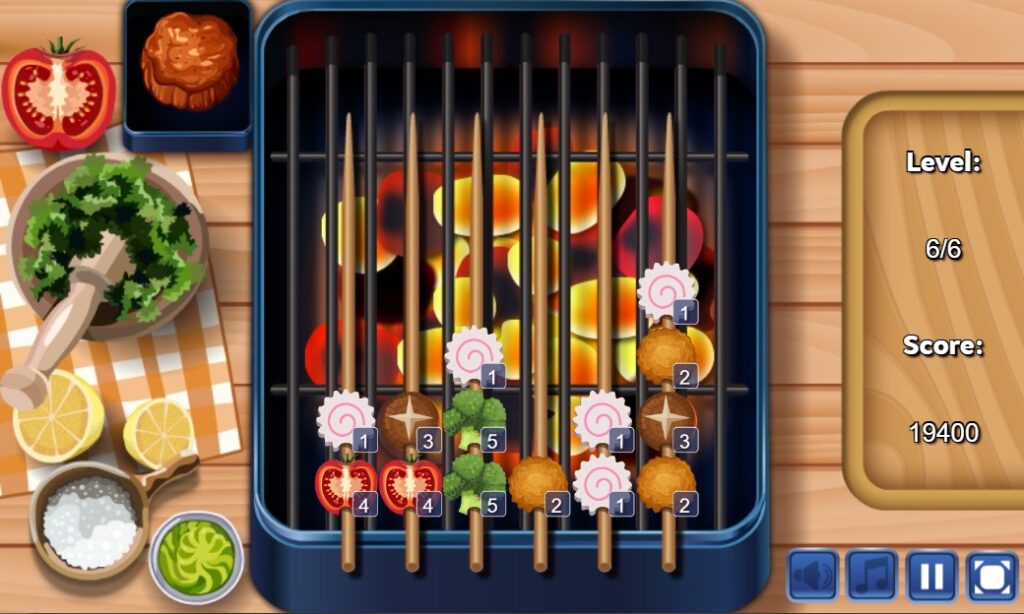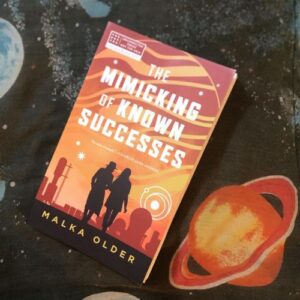
Lies and Weddings, by Kevin Kwan, contains the same kind of frothy lifestyle fun as the Crazy Rich Asians trilogy. Basically everyone in this novel is constantly wearing something beautiful and constantly eating something delicious. There’s social climbing, secret relationships, deep love, manipulation, huge financial secrets, and inner discoveries, with nods to classic British novels. It’s a manners novel, and a comedy, and an inheritance drama, all at once.
The three adult Gresham siblings are fabulously wealthy and privileged children of an English earl and a Hong Kong fashionista. Augusta, Rufus and Beatrice have had everything, but now their mother’s constant out-of-control spending on her designer projects and their father’s secret borrowing might be bringing that to an end. So, they’ve got the title and the estate (mostly) and the famous names and connections, but the actual cash is gone. Well, I mean, they still have way more money than you or I do, of course. Rich People Problems, you know.
But their mother has a solution — the three children children can marry money. Her oldest, Augie, is already marrying a European title, with the social and financial benefits on their way to her, and her other two children can get moving on seducing some cash. It’s a classic plot, with Lady Gresham as a wealthier and much more stylish Mrs. Bennet. Rufus, the middle child and only son is in love with the girl next door, in a romance with serious Doctor Thorn vibes. But Lady Gresham is determined that only an insanely wealthy heiress will do for her perfect (newly cash-strapped) son, and sets her plans in motion. Of course, I loved all the matchmaking machinations and all the hyperwealthy characters, but personally, I absoluting loved meeting Martha Dung, a venture-capital genius and an amazing addition to the British inheritance drama.
The girl next door, Eden Tong, is a doctor and daughter of a doctor. The Greshams are, naturally, so wildly rich that a mere doctor isn’t on their level. She’s basically the daughter of the servants. Eden has — of course — a perfect heart of gold, working as a busy NHS doctor, with concerns for the working classes. (Yes, it’s a bit much but that’s kind of the book’s vibe.) Eden was perfect and pretty and understanding through the whole book. I simultaneously understood completely why Rufus loved her, and I didn’t understand why she wanted to be friends with Augie and Bea at all.
 In all the frothy lifestyle fun and tea-spilling drama of Lies and Weddings, though, there’s a thoughtful element, too. A few times, Eden is mistaken for the maid or for an assistant, and although no one specifically says they assumed she was staff because she’s Chinese, it’s still there. There are sharp observations about class and expectations throughout the novel.
In all the frothy lifestyle fun and tea-spilling drama of Lies and Weddings, though, there’s a thoughtful element, too. A few times, Eden is mistaken for the maid or for an assistant, and although no one specifically says they assumed she was staff because she’s Chinese, it’s still there. There are sharp observations about class and expectations throughout the novel.
Lies and Weddings is such a fun read, with page-turning pacing. First, there’s an ultrarich, ultra-dramatic teaser scene, but the novel basically opens with a glamorous wedding, where the Greshams’ oldest daughter is marrying a title and the wealth behind it. The book also closes with a glamorous wedding, and without spoilers, there’s a nice symmetry between the two weddings, the two brides, two grooms, the money, the expectations, etc. In between, the whole novel skims between gossipy intrigue and a British inheritance drama, straight out of reading list of classic British manners novels that Corinna Ko-Tung recommends to social-climbing Kitty Pong. Huge wealth, huge losses, secret paternity, and a mysterious pregnancy test are all key to the plot, with plenty of time for beautiful settings, tempting food and high fashion, in that fantastic Kevin Kwan way.



 In all the frothy lifestyle fun and tea-spilling drama of Lies and Weddings, though, there’s a thoughtful element, too. A few times, Eden is mistaken for the maid or for an assistant, and although no one specifically says they assumed she was staff because she’s Chinese, it’s still there. There are sharp observations about class and expectations throughout the novel.
In all the frothy lifestyle fun and tea-spilling drama of Lies and Weddings, though, there’s a thoughtful element, too. A few times, Eden is mistaken for the maid or for an assistant, and although no one specifically says they assumed she was staff because she’s Chinese, it’s still there. There are sharp observations about class and expectations throughout the novel.

 Jason Rekulak’s
Jason Rekulak’s 



 Escape Room Concept: The players work at an adult-ed program and need to print something in 1 hour before students arrive, but the toner, paper, and printer access code are stored in different locked-away, hidden cupboards, so teachers aren’t wasting supplies.
Escape Room Concept: The players work at an adult-ed program and need to print something in 1 hour before students arrive, but the toner, paper, and printer access code are stored in different locked-away, hidden cupboards, so teachers aren’t wasting supplies.